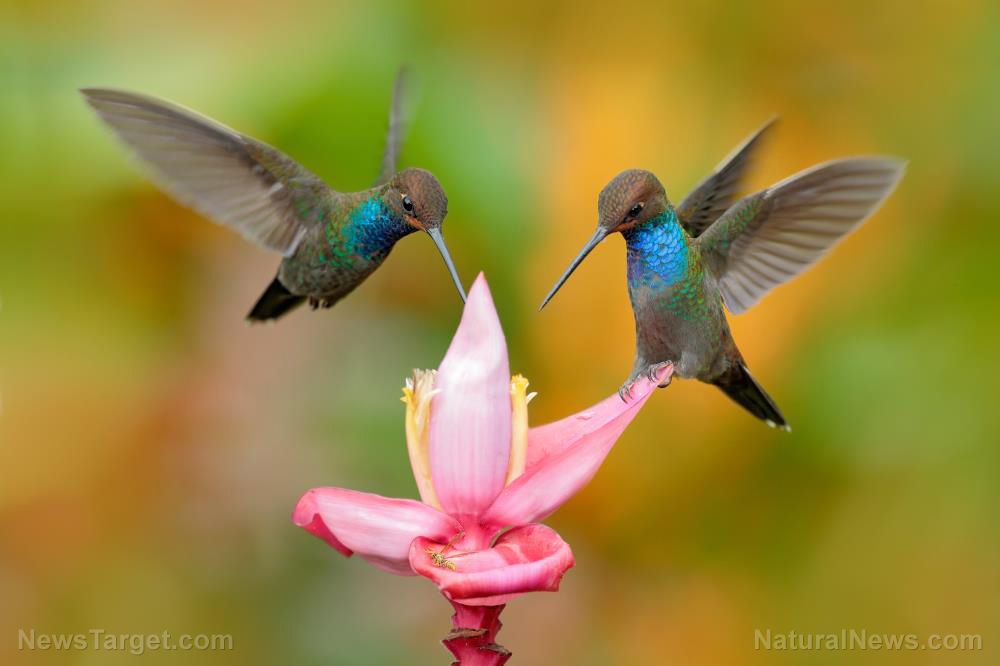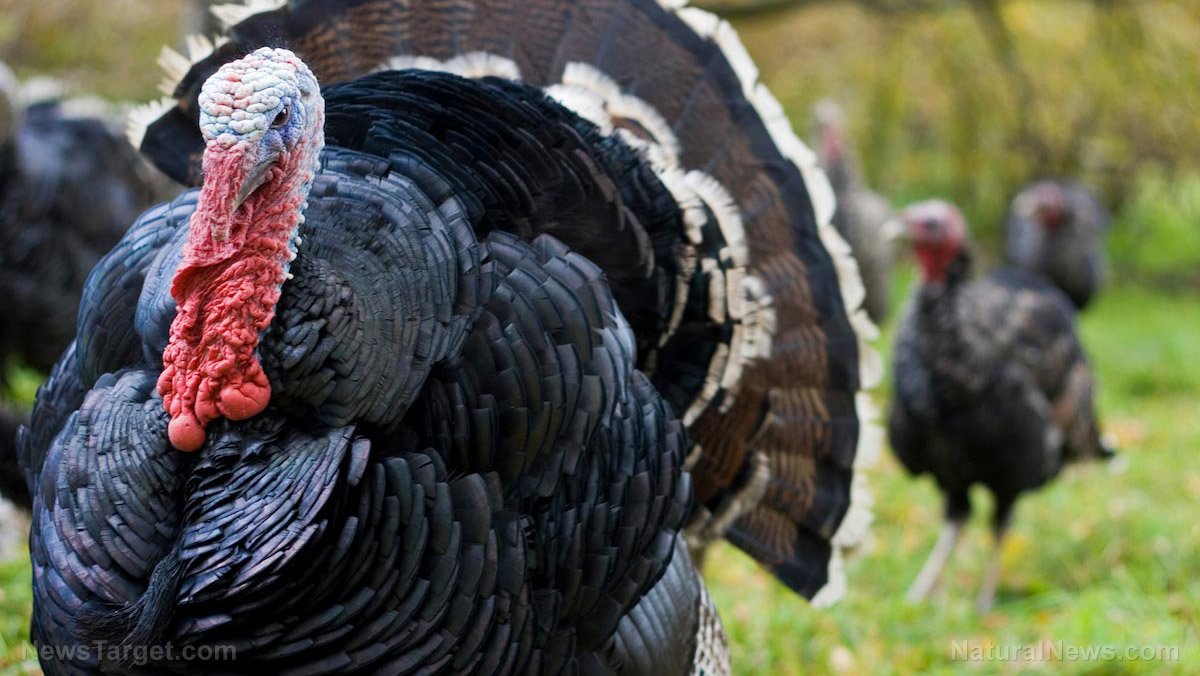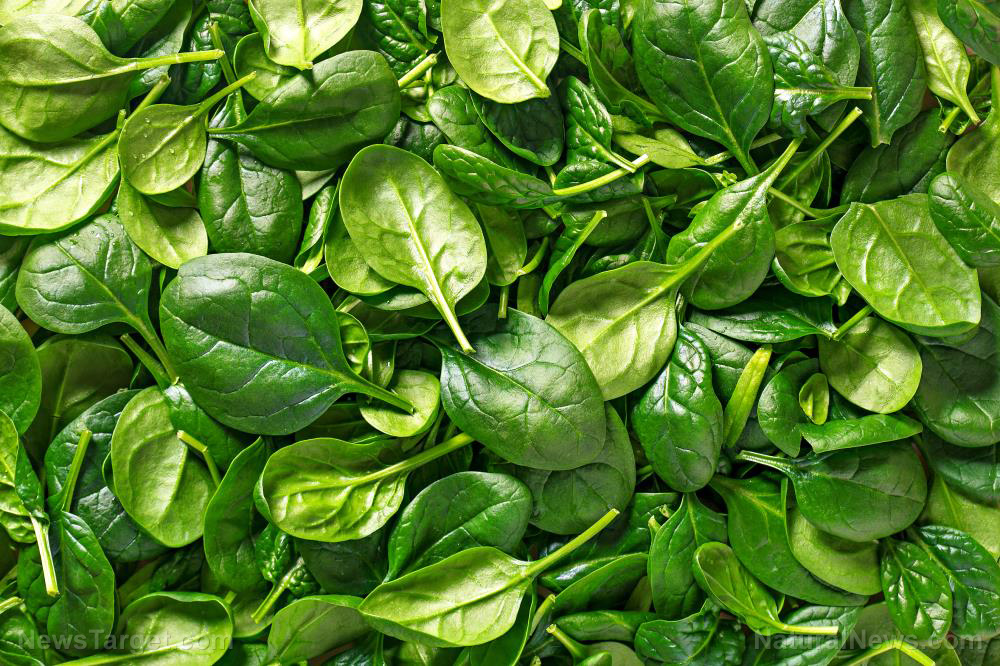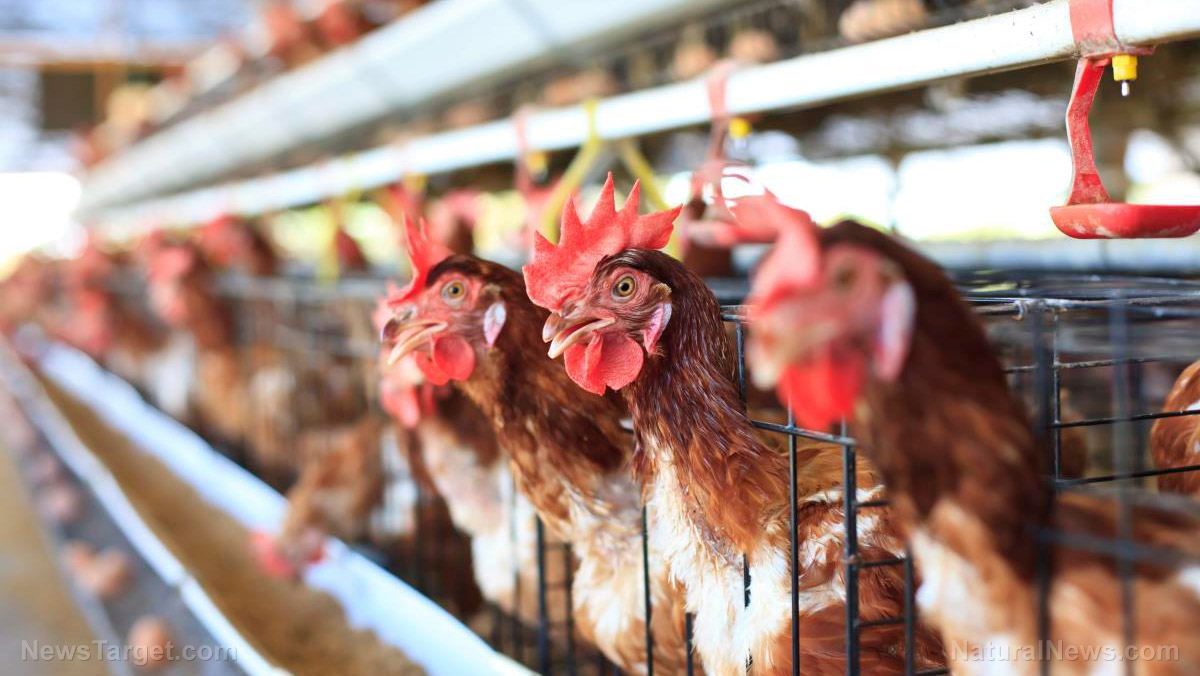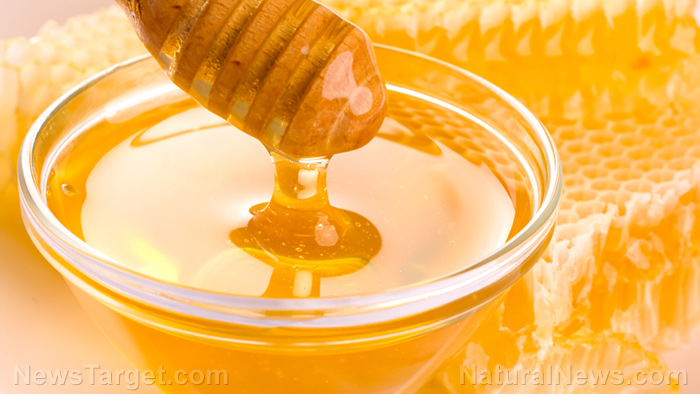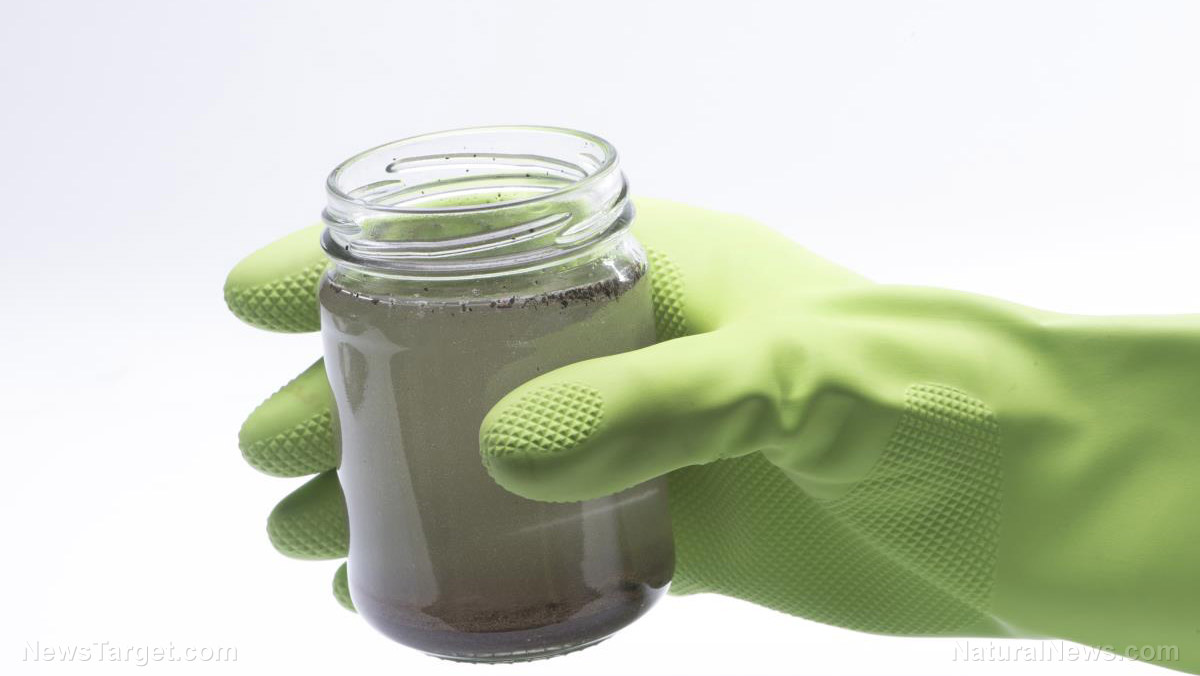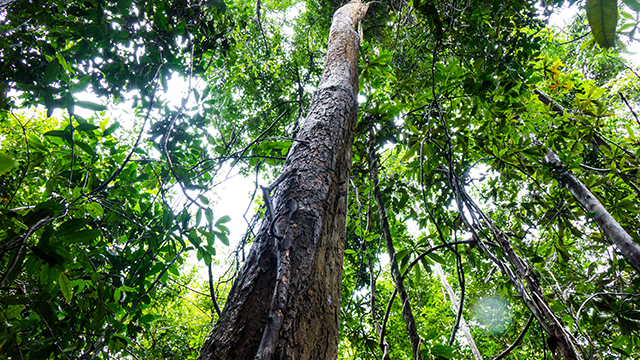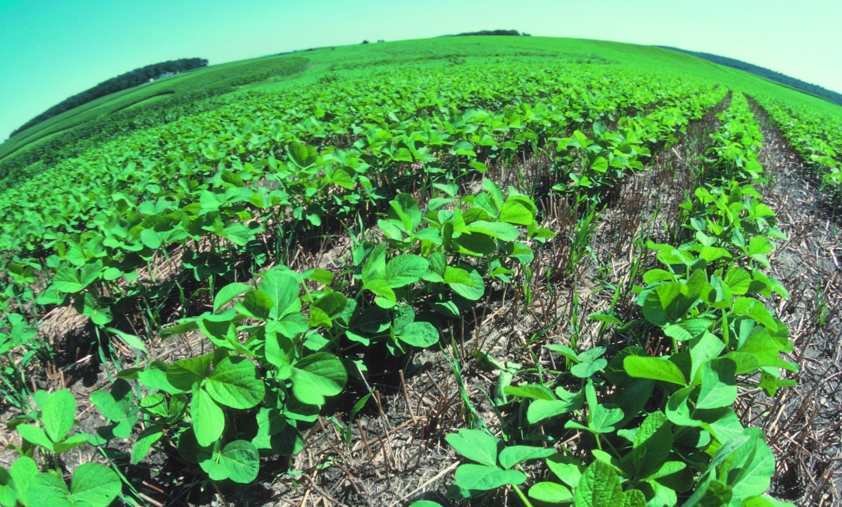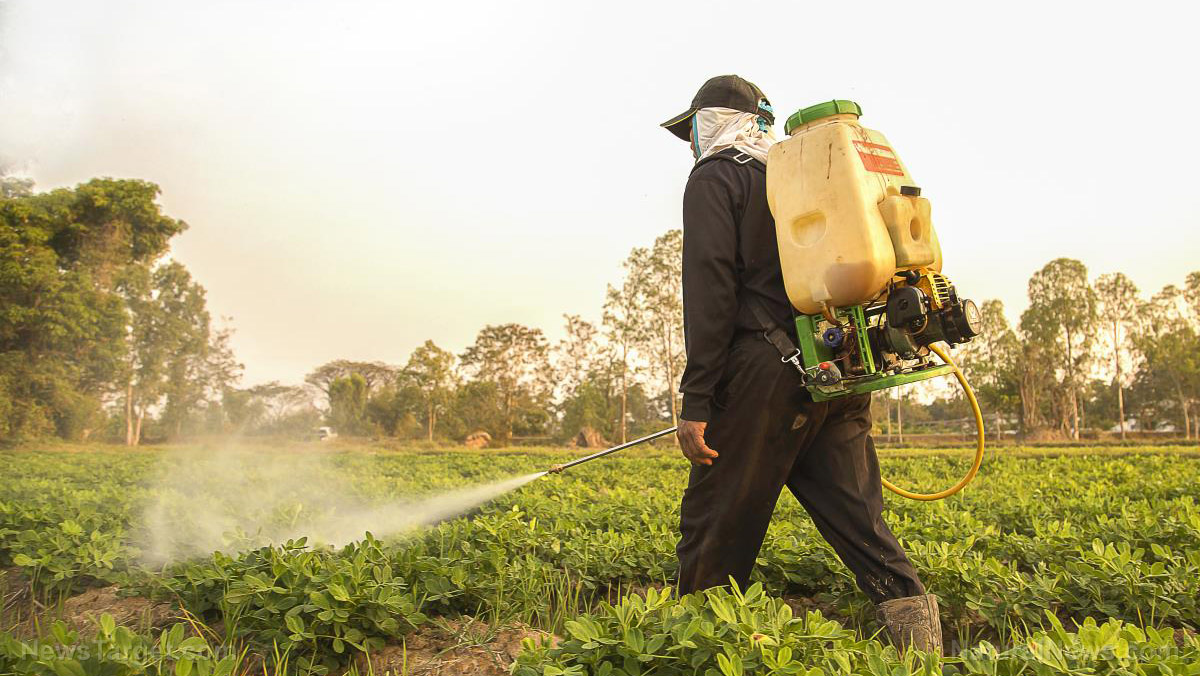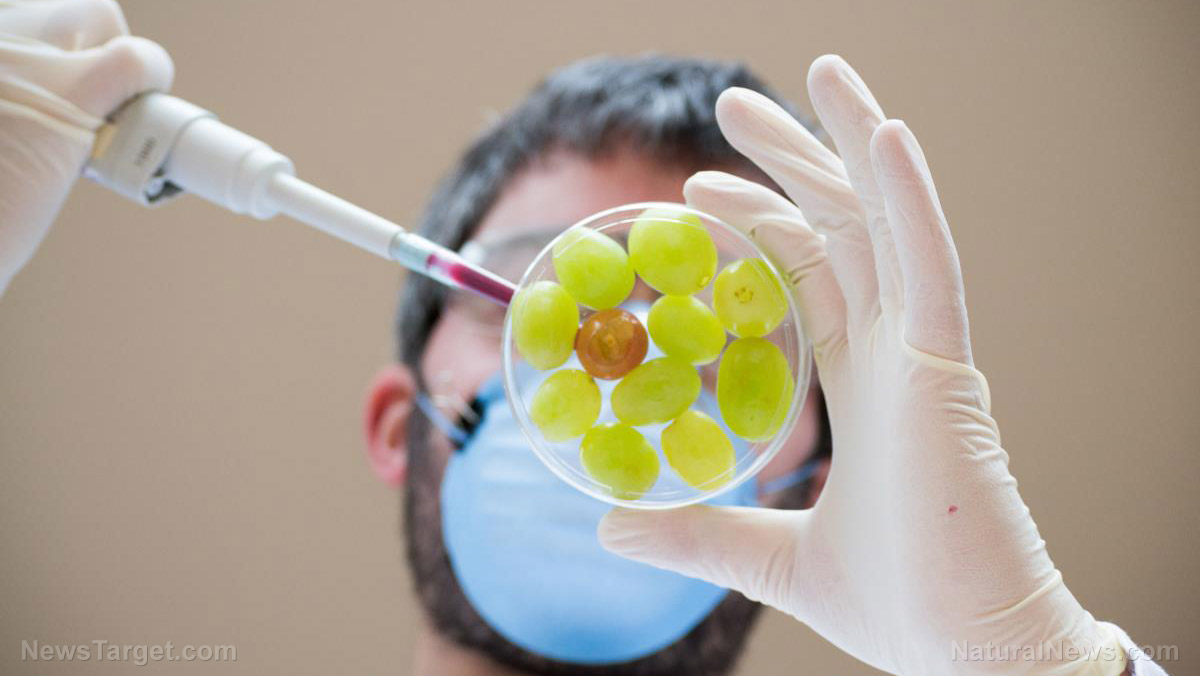Denmark puts 53 million Euros towards becoming the first organic nation
01/24/2017 / By Ethan Huff

Recognizing the immense environmental and economic benefits of producing clean food, the European nation of Denmark is on a mission to transform its entire agricultural landscape into a chemical-free, organic paradise. And according to new reports, it is rapidly doing so with money it smartly invested back in 2015 which, if everything goes according to plan, will soon make Denmark the world’s first, 100 percent organic country.
Boasting one of the world’s oldest organic brands, Denmark is already widely renowned for its ambitiously progressive system of agriculture. The Scandinavian country has long been a world leader in organic exports, which since 2007 has boosted its economic output by some 200 percent. And as more and more countries demand food free of pesticides and other toxins, Denmark is poised to continue this positive growth for the foreseeable future.
But simply producing a whole lot of organics isn’t enough for Denmark, as the highly developed nation now wants to attain the global title as being the first country to go completely organic. A 67-point document drafted by Økologiplan Danmark explains that the goal is to double the amount of agricultural land cultivated using organic methods by 2020, including state-owned land.
“The government intends to tackle the task of turning Denmark into a 100% organic country by working on two different fronts,” explains True Activist about the plan. “First, it will give a boost to turn traditional farmland into organic and stimulate increased demand for pesticide-free products … [t]he second part involves promoting the nation’s transition to organic.” (RELATED: Stay informed about pesticides at Pesticide.news)
Denmark’s organic conversion will be a success because all involved parties are fully unified
In line with the Organic Action Plan for Denmark, the plan is to use land owned by the government to cultivate food using organic and biodynamic methods. Independent, small-scale farms, many of which are owned by families, will also receive a cash boon and the support they need to transition their crops to 100 percent organic — livestock included — by the target deadlines.
To keep up with the latest advancements in agriculture, the Danish government will duly allot money towards developing new technologies and approaches that will help organic and biodynamic farmers achieve high yields without the need for pesticides, herbicides, and other noxious chemicals. There won’t be a reason not to use these methods, in other words, as “green” farming will end up paying for itself.
“Not only will land belonging to the government be cultivated using organic and biodynamic methods, but the government will support and finance those working and investing in this sector, to develop new technologies and ideas that help promote growth,” says Organic Vegan Earth.
“And we’re not just talking about fruits and vegetables, but also livestock — particularly pigs.”
So far, everything seems to be going smoothly as Denmark’s Ministry of Food, Agriculture and Fisheries, as well as the country’s defense department, are both on board and already transitioning the food served to workers at state-run cafeterias to organic and chemical-free. As many as 40 percent of such facilities are already serving organic food, so it’s really a matter of getting the remaining 60 percent fully transitioned as soon as possible.
Also cooperating is Denmark’s Ministry of the Environment, which is already busy at work converting much of the land it governs to organic, and developing new ways to entice more organic farmers to rent or lease land for such purposes, including encouraging folks to grow more of their own food at home. The Ministry of Education is likewise developing new curriculum to teach children and teens about the benefits of organic farming.”
“… the reform of the educational system looks to not only invigorate nutrition-based education, with specific courses dedicated to food as well as organic farming, which will be studied in science classes,” adds Organic Vegan Earth. “A whole country and all of its institutions are marking together to build an organic future.”
Read more about fresh, organic foods at Fresh.news.
Sources:
Tagged Under:

